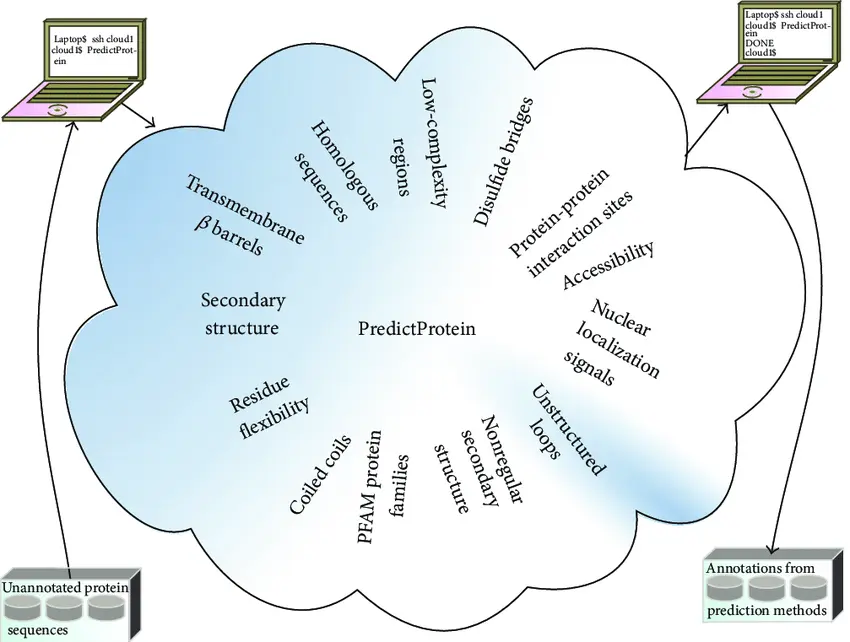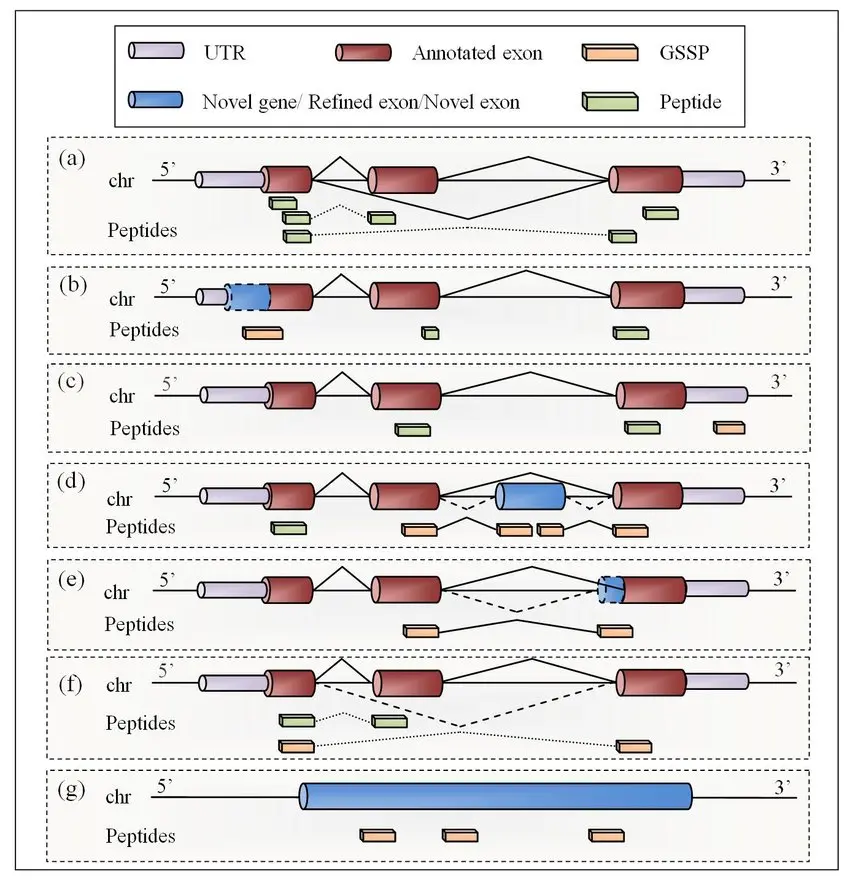Genome annotation is the foundation of modern biology, providing the reference framework for interpreting genes, proteins, and their biological functions. While computational gene prediction algorithms and transcriptome data have dramatically improved annotation accuracy, they are not immune to errors. Alternative splicing, incomplete transcript coverage, pseudogenes, and mis-annotated coding sequences often challenge the reliability of predicted gene models.
Proteogenomics addresses this gap by incorporating mass spectrometry (MS)-based proteomic evidence directly into the annotation process. Unlike transcriptomics, which infers potential coding capacity, proteomics offers direct experimental confirmation of protein products. Among the tools developed for this field, ProteoAnnotator stands out as a robust, standards-compliant platform that integrates peptide identifications with genomic information, enabling both verification of existing models and discovery of novel ones.




